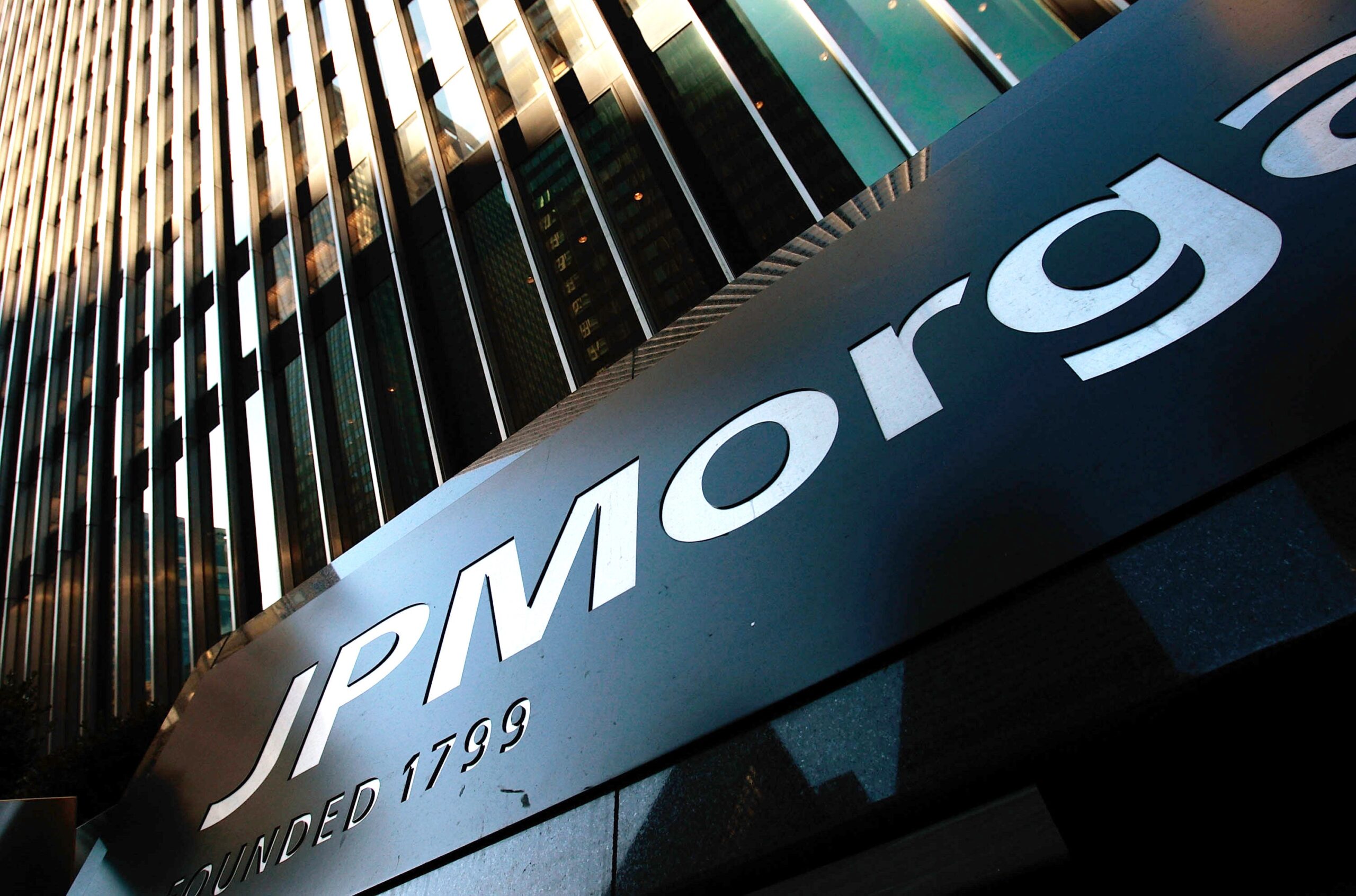After a couple of years battling complaints of racial discrimination by both customers and bank employees, JPMorgan Chase & Co. has pledged to increase efforts to diversify its workforce and make changes to how eligibility for certain banking products is decided.
According to the New York Times, a memo was sent to bank employees on Tuesday announcing the changes—which include mandatory diversity training for all employees and an expansion to the recruiting team dedicated to hiring people of color. According to U.S. News, the memo also mentions changes to their customer complaint system and a closer look at how employees decide which customers are eligible for what.
Suggested Reading
The move comes after a report was published in the Times in December telling the stories of a JPMorgan employee and a customer from the bank’s Phoenix, Ariz. branches who both complained that they were being discriminated against because they are black and provided recorded conversations with bank employees as evidence.
Jimmy Kennedy earned $13 million during his nine-year career as a player in the National Football League. He was the kind of person most banks would be happy to have as a client.
But when Mr. Kennedy tried to become a “private client” at JPMorgan Chase, an elite designation that would earn him travel discounts, exclusive event invitations and better deals on loans, he kept getting the runaround.
At first, he didn’t understand why. Then, last fall, he showed up at his local JPMorgan branch in Arizona, and an employee offered an explanation.
“You’re bigger than the average person, period. And you’re also an African-American,” the employee, Charles Belton, who is black, told Mr. Kennedy. “We’re in Arizona. I don’t have to tell you about what the demographics are in Arizona. They don’t see people like you a lot.” Mr. Kennedy recorded the conversation and shared it with The New York Times.
If all that racism wasn’t convincing enough, former JPMorgan financial advisor Ricardo Peters said he was denied a promotion and fired due to the color of his skin and because he’d committed the horrid offense of…trying to help black people. His story began when he was working with a black woman who had received a $372,000 wrongful death settlement after her son died. The conversation he had with his boss, Frank Venniro, on the matter was, for lack of a more sophisticated descriptor, racist as hell.
“You’ve got somebody who’s coming from Section 8, never had a nickel to spend, and now she’s got $400,000,” Mr. Venniro said, referring to the federal program that provides vouchers to help with housing costs and whose title is sometimes used as a racial slur. “What do you think’s going to happen with that money? It’s gone.”
“But I thought that’s why we get involved,” Mr. Peters protested.
Mr. Venniro said no. “You’re not investing a dime for this lady,” he said. He knew from experience that she would quickly burn through the money. “It happens every single time.”
When Mr. Peters tried to argue, Mr. Venniro interjected. “This is not money she respects,” he said. “She didn’t earn it.”
So, between the testimonies of Kennedy and Peters and a $24 million lawsuit the bank had to settle with six other employees and former employees alleging “uniform and national” racism in 2018, JPMorgan appears to have finally seen the light.
“We are looking across the whole firm and at everything we do. We’ve identified a number of areas that, with enhanced, scaled or new programming or processes, would serve to improve our culture in important ways,” the memo to employees read.
Racial discrimination isn’t uncommon in the banking industry as reports pop up on the matter again and again and again. Hopefully, JPMorgan can serve as a cautionary tale prompting the rest of the industry to start taking a look at their own discriminatory practices, too.
Straight From 
Sign up for our free daily newsletter.


